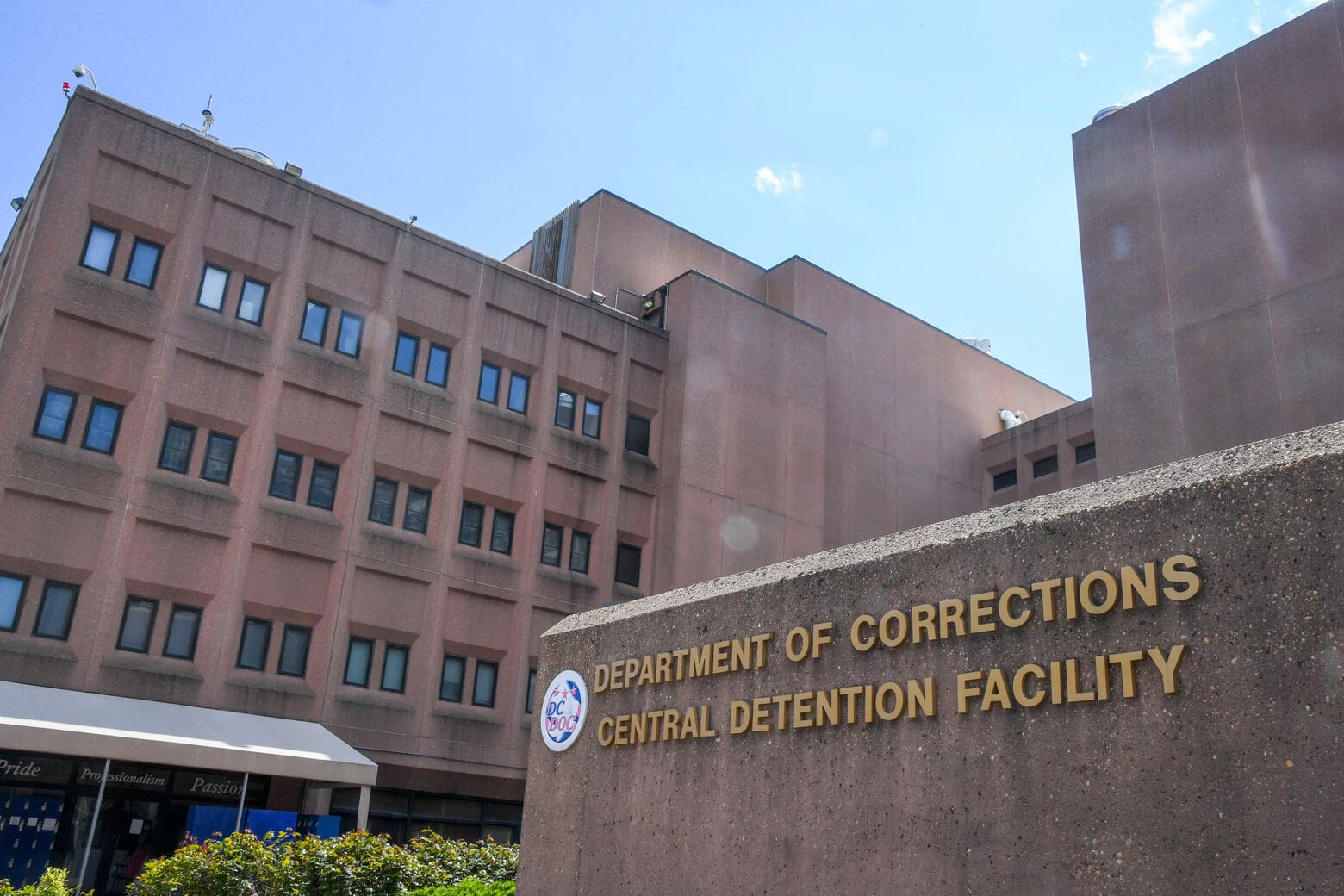NO ROOM FOR PRISONS IN THE STATE OF WASHINGTON, DC?
Authors Megan Flynn and Teddy Amenabar should be commended for their excellent article explaining some of the most important historical and political aspects of the debate over statehood for the District of Columbia in their article for the Washington Post Local Opinions column (“Could DC Become a State?”, Jan. 8, 2021). However, there are some additional practical issues that must also be considered. One of the most important of these is the uncomfortable subject of prisons.
In 2014 and 2018 I was the Republican candidate for the office of Delegate to the U. S. House of Representatives from the District of Columbia. In several candidate forums I reminded the incumbent, the Honorable Eleanor Holmes Norton, that she had consistently opposed proposals to build prisons in the District of Columbia because, as she wrote in a newsletter to constituents in 1999, “the District is too small and compact a city to accommodate a prison,” and that a proposal from the Clinton Administration to fund the building of a prison on federal park land in the District “shows there is simply not enough vacant land here for a prison.”
In the 1980’s, the Reagan Administration had also offered to finance the building of a prison on federal land in the District to accommodate local inmates. A hearing on the Reagan proposal was held On May 1, 1986 before the House District Committee, where I was serving as a staff member. Mayor Marion Barry, the chairman of the D.C. Council, and numerous Council members followed the lead of then-Delegate Walter E. Fauntroy who, in opposing the construction of a prison in the District on the grounds stated that, “Unlike any other jurisdiction, the District of Columbia is burdened with a special landlocked status. Residential areas and green spaces are constantly being squeezed unfairly by encroaching institutions, and there is no space to expand needed municipal developments.”
Mayor Barry added that “there is no other county or State that is as compact as the District of Columbia. Virginia, Maryland and other states have a mixture of both rural and urban areas.”
In 2015, it was reported (Washington Post Magazine, Jan. 11, p. 5) that District of Columbia prisoners are serving their time in federal prisons in over twenty states as far away as California and Arizona. Many women inmates are located as far as 800 miles from the District. Family visits must be infrequent or rare, indeed! At a time when criminal justice reform is one of the highest-ranking priorities of the new Biden Administration, including a renewed focus on rehabilitation in our prisons, the lack of a prison in DC could be considered a serious injustice.
All states house their own residents serving prison time. Will the State of Washington, Douglass Commonwealth be the exception?
